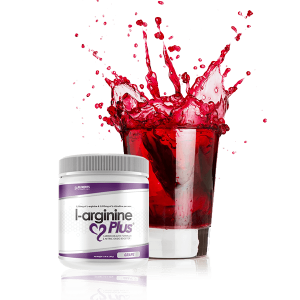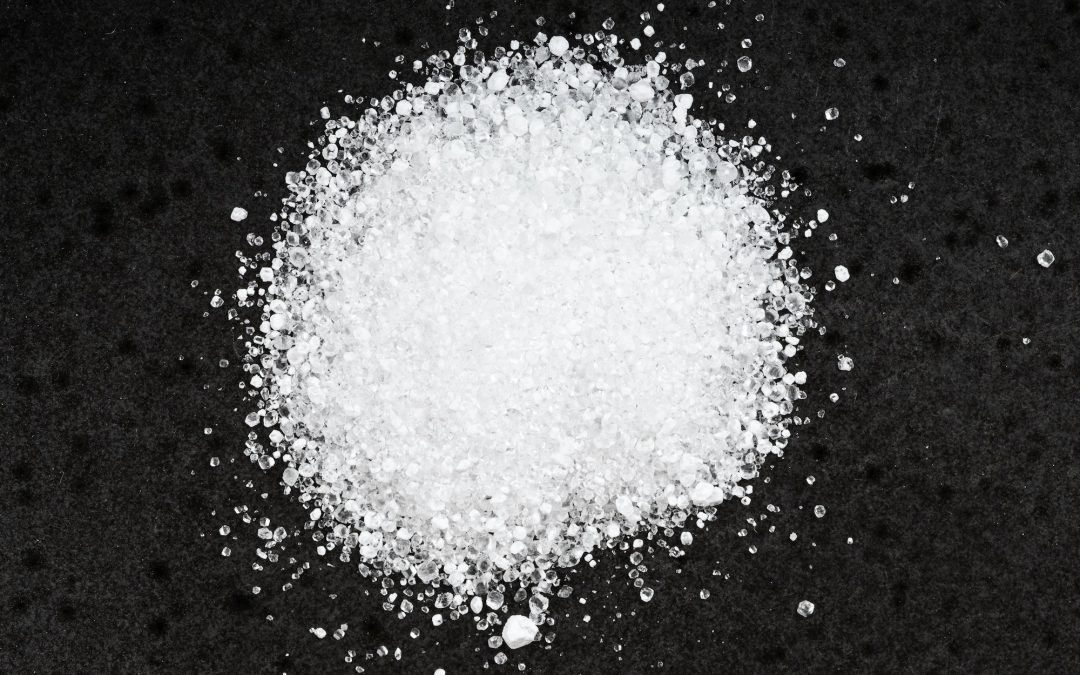Limiting salt intake will improve your health, but can a salt substitute help your heart health? Find out what the experts have to say.
According to a study in the New England Journal of Medicine, replacing table salt with salt substitutes may help reduce the risk of stroke in certain people. The research consisted of nearly 21,000 participants from rural China, with 72 percent having a history of stroke and 88 percent having a history of hypertension. The participants were given free salt substitutes to use for cooking, seasoning, and food preservation while also being encouraged to use them more sparingly than their previous use of salt.
“This study provides clear evidence about an intervention that could be taken up very quickly at very low cost… We have now shown that it is effective and these are the benefits for China alone.,” says Dr. Bruce Neal, a principal investigator in the study and a professor at the George Institute for Global Health in Sydney, Australia. “Salt substitution could be used by billions more with even greater benefits.”
The Study Effects Outside of China
 “Although I wish I could say [the research is applicable in countries outside of China], it’s more realistic to say probably no,” says Dr. Elizabeth Klodas, FAAC, a cardiologist based in Minneapolis and the founder of Step One Foods. “This was also a study of a unique genetic/cultural group with specific dietary habits/patterns and may not translate to other populations,” Klodas explains.
“Although I wish I could say [the research is applicable in countries outside of China], it’s more realistic to say probably no,” says Dr. Elizabeth Klodas, FAAC, a cardiologist based in Minneapolis and the founder of Step One Foods. “This was also a study of a unique genetic/cultural group with specific dietary habits/patterns and may not translate to other populations,” Klodas explains.
“In rural China, most meals are cooked from scratch, so sodium intake is under the control of the food preparer. Americans consume far more pre-prepared and processed foods – and a lot of those items deliver a lot of sodium even before we pick up the salt shaker,” Klodas points out. “Finally, baseline salt consumption was very high (assumed to be as much as 20 grams of salt per person per day), so the effect seen might not translate to those consuming less salt to begin with,” she adds.
Kimberly Gomer, MS, RD, LDN, director of nutrition at Pritikin Longevity Center, explains that while a salt substitute may work in theory, there is a price to pay. “Potassium chloride as a substitute is a problem,” Gomer explains. “As we age, our kidney function naturally slows. We measure kidney function by glomerular filtration rate or GFR. Our kidneys are our filtering device. So the natural aging process will slow GFR, and putting potassium directly on foods as a seasoning will negatively affect this.”
Eating Heart Healthy
 According to Klodas, the key is not focusing on manipulating the sodium content in our foods, but changing what we eat instead. “We never recommend those salt substitutes but instead recommend beautiful herbs, both dried and fresh, to enhance the taste of food,” Gomer says.
According to Klodas, the key is not focusing on manipulating the sodium content in our foods, but changing what we eat instead. “We never recommend those salt substitutes but instead recommend beautiful herbs, both dried and fresh, to enhance the taste of food,” Gomer says.
While it may take a while to get used to the change, it doesn’t have to feel impossible. “One easy way to reduce sodium in our diets is to purposefully add in foods that are naturally sodium-free, including all fresh fruits and vegetables,” says Klodas. “This helps to naturally displace higher sodium items.”
In addition to eating heart-healthy foods, you can boost your health by taking supplements like L-arginine Plus. Its ingredients promote circulation, blood pressure, cholesterol, and more. Give your heart health the support it deserves by eating healthier foods and taking L-arginine Plus.

